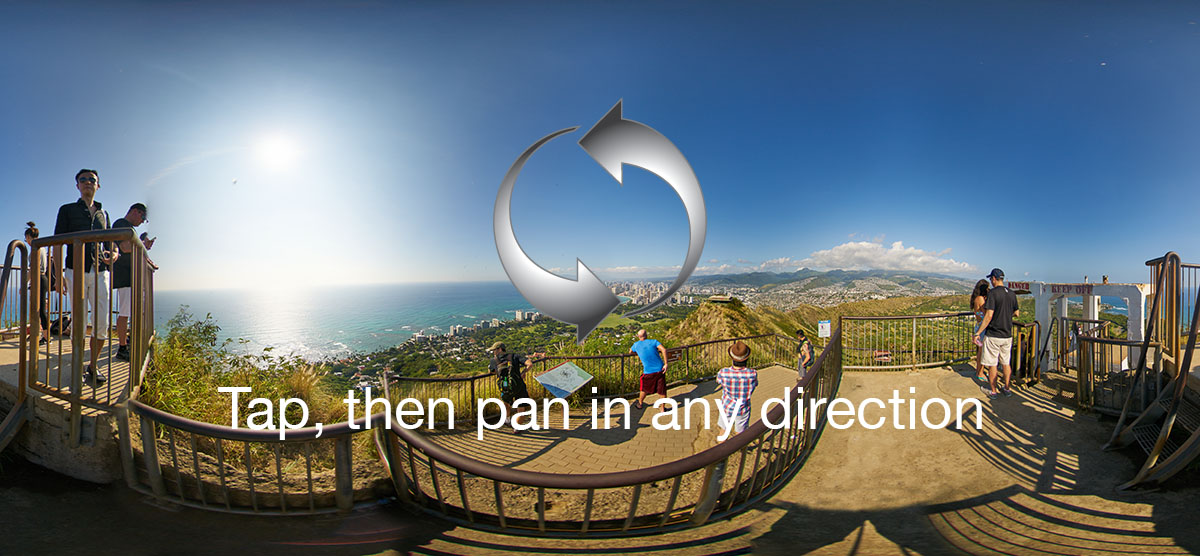Our common law – the written decisions issued by our state and federal courts – is not freely accessible online. This lack of access harms justice and equality and stifles innovation in legal services.
The Harvard Law School Library has one of the world’s largest, most comprehensive collections of court decisions in print form. Our collection totals over 42,000 volumes and roughly 40 million pages. The Free The Law project aims to transform the official print versions of these court decisions into digital files made freely accessible on
Real harm to real people from shoddy PR news releases
News consumers are often unaware of how much of what they read is dominated by – and may, in fact, be simply a minimal re-write of – PR news releases written by people whose job it is to make their institution, their faculty, their ideas, their research or their products look as good as they possibly can.
Today, probably more than ever, many supposedly independently-vetted news stories are actually just mirror images of PR news releases.
Diamond Head Panorama: Gazing at Honolulu and Waikiki
Werner Herzog Talks Virtual Reality
“I’m a skeptic of 3-D, but when I saw the paintings I knew I had to use it,” Werner Herzog told Judith Thurman in 2010, after the New York première of his documentary “Cave of Forgotten Dreams.” The film examines some of the world’s earliest known paintings, which cover the walls of the Chauvet-Pont-d’Arc Cave, in France. For Herzog telling a story about the Paleolithic required the technology of the Anthropocene. Recently, I spoke with him about how the rules of cinema might translate to yet another new form—virtual reality. His next film, “Lo and Behold, Reveries of the Connected World,” which is about the Internet, will première at the Sundance Film Festival later this month, along with more than thirty V.R. shorts.
T2 Habitat
It would seem that a pristine VW Transporter should find a home here:




Wikipedia on the VW Transporter T2.
Downton Abbey creator turns to apps
Mr. Fellowes, the creator of the hit historical British melodrama “Downton Abbey,” has worked on screenplays, stage plays, novels and a children’s book. He wrote the book for “School of Rock,” a raucous new Broadway musical by Andrew Lloyd Webber adapted from the 2003 Richard Linklater movie, and he is working on his new NBC series “The Gilded Age,” set in New York in the late 19th century.
Now, for his next project, “Belgravia,” Mr. Fellowes is marrying an old narrative form — the serialized novel, in the tradition of Charles Dickens’s “The Pickwick Papers” — with the latest digital delivery system: an app.
“Belgravia” takes place in London in the 1840s and opens decades earlier during the Battle of Waterloo. It explores the class divisions between the established aristocracy and newly wealthy families who made their fortunes through the Industrial Revolution. But instead of having the sweeping narrative arc of a novel, it will unfold more like a new network TV series, in 10 weekly digital installments that will arrive automatically on readers’ phones, tablets or computers. The chapters cost $1.99 each, and $13.99 all together. The app will also incorporate an audio version, music, video, character portraits, family trees, images of period fashion and maps of Belgravia.
Which Direction?



Happy New Year!
Rather Impressive Christmas Lights
Watertown, WI.
Every move will be recorded
In 1749, in the middle of the eighteenth century, Jacques François Guillauté, a French police officer and a mechanical engineer, who would later become an “Encyclopediste,” dedicated a richly illustrated manuscript to King Louis the 15th. The title of his manuscript was “Mémoire sur la Réformation de la Police de France.” With this token, he sought to convince the king to adopt a radical plan to reform the old French police system.
This work, along with numerous others in Europe at the time, formed part of a flourishing new genre which sought to constitute a new “science of police,” one which would not only improve the fight against crime, but moreover lay the basis for a whole new rationality of government. If this forgotten manuscript is worth remembering today, it is because it was one of the first attempts to articulate a new technology of power, one based on traces and archives, and which has since been widely perfected.
Guillauté’s prospectus contained a drawing of a strange machine, which formed the core of the whole project. Guillauté, proud of what he considered to be a revolutionary invention, called it “le serre-papiers,” the “Paperholder.”




